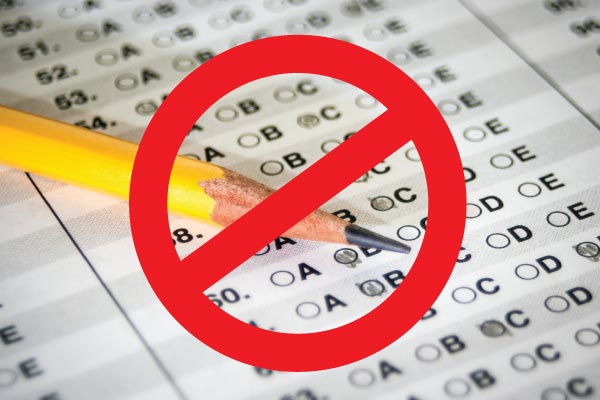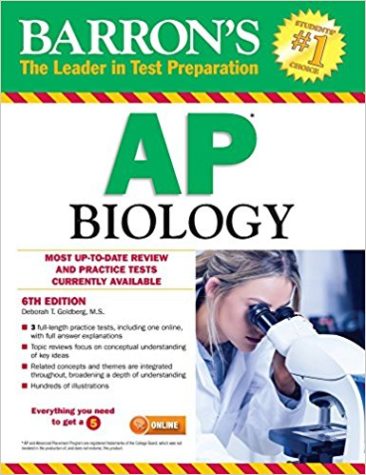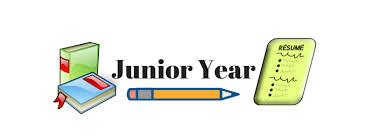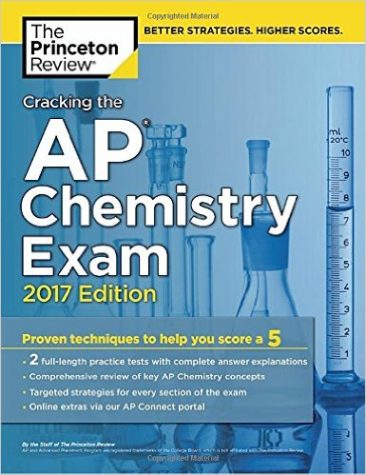Here at John Jay High School, midterms have always been the most difficult part of January. There are students who start making flash cards, study guides, and Quizlets two weeks before the test, and, of course, there are many who wait till the night before to cram. They are often fueled by energy drinks and coffee to power through months of information in a painful all-nighter. It doesn’t matter what kind of student you are; chances are you hate midterms. Luckily, administration at John Jay has done away with midterms. The reason for the removal was that the exams create too much stress among the students. In an announcement to the John Jay Community, Principal Siciliano stated that, “We think class time can be maximized to facilitate more productive learning if we move away from high-stakes midterms.”
To find out how John Jay students really feel about the termination of midterms, I took a poll on the Class of 2018’s Facebook page. The question was, “Do you like that we don’t have midterms this year?” Predictably, 111 students chose the option “yes, love it”, and a miniscule 16 students chose the option “no, hate it.”
I began asking around the John Jay community to get some thoughts from the students. Junior student, Justin Sobel, who is completely against midterm week, said: “Getting rid of midterm week allows for students to learn the actual curriculum of their classes, rather than having a weeklong period of time in the middle of the year where no new information is being learned.” This is an excellent thought, because these exams do take up an entire week of the school year, which to many students, may seem like a waste of time.
On the other hand of the argument, Junior Sarah Sexton is all for midterms, saying that: “[Midterms] cut down on the material for finals at the end of the year. Also, many teachers give some sort of midterm-like test anyway. So without midterm week, you still have a big test, with no extended breaks to study in the middle of a normal school day.” This is also a fair point, because some teachers tend to give large tests that have the same subject matter as a midterm would, but isn’t labeled as one. An advantage to midterm week is the amount of time that it provides. Some students may even view this time as a comforting break from their normal school routine.
I even had some time to talk with the faculty about the issue. Former English teacher and now Staff Developer in John Jay’s administration, Candy Wilmot, had this to say about midterms: “I think no midterms give students and teachers the opportunity to move away from a traditional testing environment to a more practical and modern, real world application.”
“
“I think no midterms give students and teachers the opportunity to move away from a traditional testing environment to a more practical and modern, real world application.”
— Candy Wilmot
These “real world application[s]” are precisely what Dr. Siciliano included in his announcement to parents earlier this month. He hinted at the implication of Performance Based Assessments (PBAs). The use of PBAs provides teachers multiple measures to document student learning by giving them authentic, real-life experiences to showcase their skills and knowledge of content. When students take a PBA, they must analyze, create, and generate solutions, instead of just picking a, b, c, or d; which all of us know as the dreaded multiple choice question.
Many other teachers that I talked with seemed hesitant to voice their opinion. This may be because they are all for midterms, however they possibly do not want to start any controversy talking badly in regards to administration’s decision.
Ultimately, midterms are out for now at John Jay High School. Some students are rejoicing, while others are pouting. However, this new approach with utilizing real life situations instead of typical exam formats may prove to be an effective strategy.















